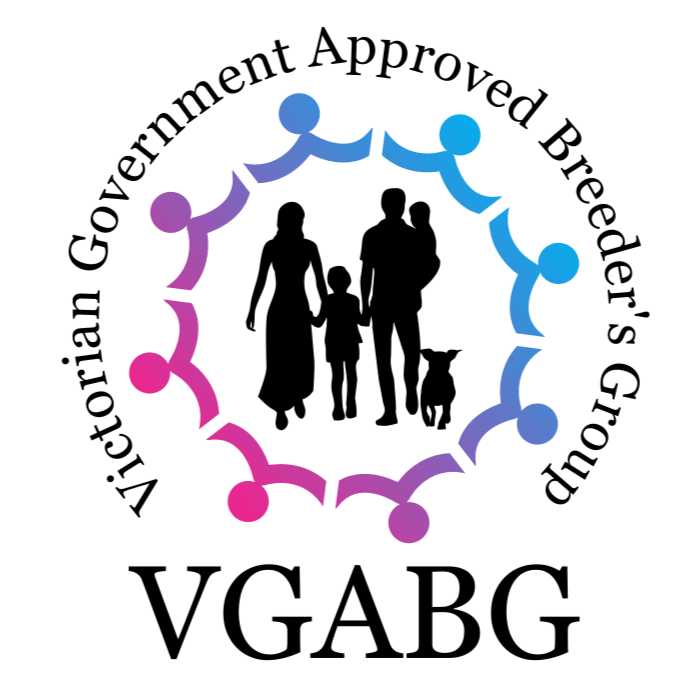In Victoria, Australia, the welfare of animals is of paramount importance, and the Victorian Code of Practice for Rearing in Breeding Businesses plays a crucial role in ensuring the ethical treatment and responsible breeding of puppies. This article aims to provide an overview of the different types of breeders, namely micro-breeders, recreational breeders, and commercial breeders, highlighting the significance of purchasing a puppy from a licensed breeder regulated by Animal Welfare Victoria.
Micro-Breeders:
Micro-breeders are typically small-scale breeders who have a limited number of breeding dogs. They may only have a few litters per year, and their primary focus is often on breeding dogs as a hobby or for personal reasons. While they may not be subject to the same level of regulation as commercial breeders, micro-breeders are still expected to adhere to the Victorian Code of Practice to ensure the welfare of their dogs.
Recreational Breeders:
Recreational breeders fall between micro-breeders and commercial breeders in terms of scale and activity. They may have a slightly larger number of breeding dogs and may breed dogs more frequently. Although not subject to the same stringent regulations as commercial breeders, recreational breeders are encouraged to meet the standards set by the Victorian Code of Practice to ensure responsible breeding practices.
Commercial Breeders:
Commercial breeders engage in breeding dogs on a larger scale, often with the intention of selling puppies for profit. They must comply with strict regulations and licensing requirements enforced by Animal Welfare Victoria. Notably, commercial breeders must undergo regular audits conducted by Animal Welfare Victoria, ensuring that they adhere to the highest standards of animal welfare.
Significance of Licensing and Approval:
It is crucial to purchase a puppy from a breeder licensed by Animal Welfare Victoria due to several key reasons:
- Welfare Standards: Licensed breeders are required to follow the Victorian Code of Practice, which sets comprehensive guidelines to ensure the physical and emotional well-being of the breeding dogs and their offspring. This includes proper housing, nutrition, healthcare, and socialization.
- Regulation and Oversight: Licensed breeders are subject to regular audits by Animal Welfare Victoria. These audits ensure that breeders maintain the required standards and provide appropriate care to their dogs. Auditing provides transparency and accountability in the breeding process.
- Chief Veterinary Officer’s Recommendation and Minister’s Approval: Commercial breeders must receive a recommendation from the Chief Veterinary Officer of Victoria and obtain approval from the Minister of Agriculture to breed at this level. This rigorous evaluation process further ensures that only breeders with the necessary expertise and facilities are allowed to engage in large-scale commercial breeding.
Conclusion:
Choosing a licensed breeder regulated by Animal Welfare Victoria is essential when considering purchasing a puppy.
The Victorian Code of Practice provides a framework to ensure the well-being of breeding dogs and their offspring, emphasizing responsible breeding practices.
Licensed breeders, particularly commercial breeders, undergo audits and evaluation processes, which guarantee adherence to strict welfare standards.
By supporting licensed breeders, we contribute to the ethical treatment and responsible breeding of dogs in Victoria, ultimately promoting the overall welfare of animals in our society.
—
VGAB is collecting data to be presented to the Minister of Agriculture for review.
We would appreciate it if you could provide us with the outcome of your investigation so we can determine the number of cases that are non-compliant and that the matter was rectified in your council
